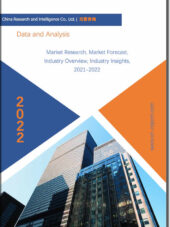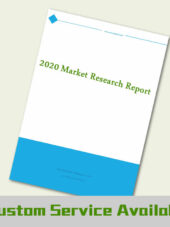Description
The digital infrastructure in the country has developed rapidly in the past few years and created a potent technological ecosystem for the digital payments market. The e-payment solutions market witnessed growth during the pandemic because of the increased penetration of the internet in the country.
In the past few years, the payment acceptance infrastructure has improved, propelling market expansion. The introduction of digital payment portals by banks such as Axis Bank Ltd., HDFC Bank Ltd., and ICICI Bank Ltd has aided the development of e-payment solutions. Integration of payment services by telecommunication firms such as Airtel, Google, and MobiKwik for online transactions also helped in the process.
E-payment Solutions Market insights
In FY 2021, the market witnessed 43.71 billion transactions. It is expected to reach 649.70 billion by FY 2027, expanding at a compound annual growth rate (CAGR) of ~59.57% during the FY 2022 – FY 2027 period. The value of e-payment transactions is expected to expand at a CAGR of ~24.64% during the forecast period.
Technological advancements such as internet banking and contactless payments, along with improved internet connectivity, propel e-payment methods. Integration of payment services with popular non-banking mobile applications such as WhatsApp, Apple Pay, Amazon Pay, and Ola Money have made these payment options popular among millennials.
Segment Insights
The market can be segmented on the basis of types of payment methods – Real Time Gross Settlement (RTGS), Retail Electronic Clearing, and Cards. RTGS acquired the highest market share in terms of value throughout FY 2021. In terms of volume, retail electronic clearing held the highest market share, followed by card payments and RTGS.
The total volume of retail electronic clearing expanded at a CAGR of ~49.29% during the FY 2019 – FY 2021 period. Retail electronic clearing comprises different modes of transactions such as (NEFT), Immediate Payment Service (IMPS), and National Automated Clearing House (NACH). Cards include payment via debit and credit cards.
COVID-19 Impact Analysis
The value of e-payment transactions decreased in 2020 due to reduced business activities and lowered the annual income of people, while the volume increased significantly. In the wake of the pandemic, the National Payments Corporation of India (NPCI) encouraged customers and providers of emergency services to adopt digital payment systems to ensure safety of contactless transactions.
It launched e-RUPI, a one-time contactless, cashless voucher-based mode of payment, which helps users redeem a coupon without a card, digital payments app, or access to internet banking. Digital transactions using UPI increased by 1.8 times of what it was before COVID-19 and is exhibiting steady growth even during Q2 FY 2022.
However, the market witnessed slow growth in terms of value because several major sectors such as cross-border payments, travel, and hospitality/tourism, which operate through e-payments, were affected.




